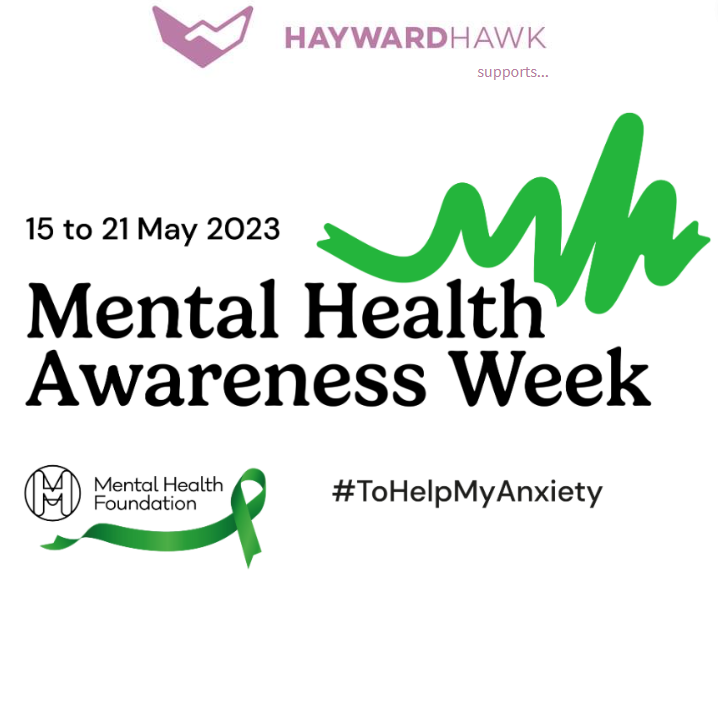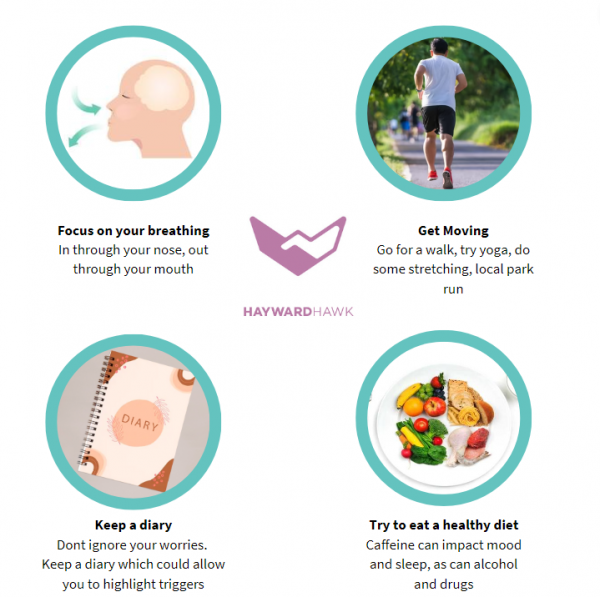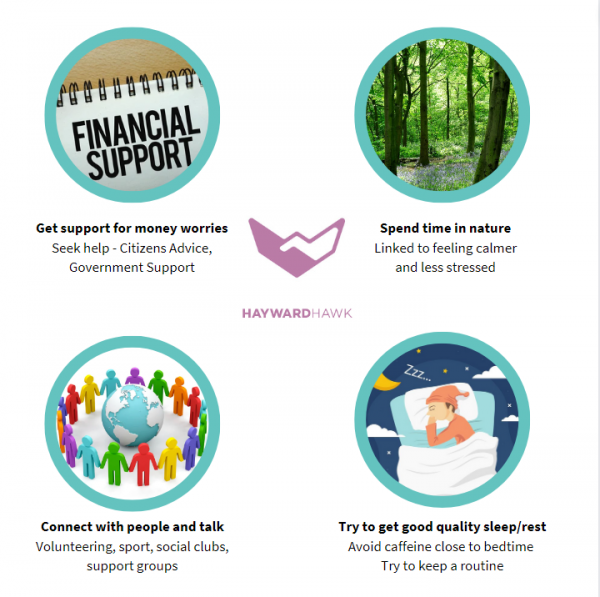
This week is #mentalhealthawarenessweek2023
Whilst every week is equality important for our mental health, this week we are focusing on the Mental Health Foundation theme for 2023, of Anxiety.
Anxiety is a natural human response to stress or perceived danger. It’s a feeling of unease, worry, or apprehension that can be caused by anything from a big event or major change to something as simple as a work presentation or meeting new people. In fact, anxiety is part of the body’s natural ‘fight or flight’ response that helps us react quickly to potential threats.
It is important to note that feeling anxiety is not the same as having an anxiety disorder, which is a diagnosable mental health condition characterised by persistent and intense feelings of anxiety that are out of proportion to the situation or event that triggered them.
Rather, anxiety is a common and natural emotion. When it becomes persistent or overwhelming and interferes with daily life, it can turn into a problematic condition, that may be diagnosed as an anxiety disorder.
However, there are ways to manage it and reduce its impact. This could involve using effective coping strategies and support, or changes to our circumstances or environment.
Some of these changes require action at local and national government level to address some of the root causes of anxiety.
What does anxiety feel like?
Anxiety can cause many different symptoms. It can affect how a person feels physically and mentally and how they behave. It’s not always easy to recognise when anxiety is the reason behind feeling or acting differently, but it is useful to be aware of the symptoms.
Anxiety can affect everyone differently:
Physical symptoms
- Faster, irregular or more noticeable heartbeat
- Feeling lightheaded and dizzy
- Headaches
- Chest pains
- Loss of appetite
- Sweating
- Breathlessness
- Feeling hot
- Shaking
Psychological symptoms
- Feeling tense or nervous
- Being unable to relax
- Worrying about the past or future
- Feeling tearful
- Not being able to sleep
- Difficulty concentrating
- Fear of the worst happening
- Intrusive traumatic memories
- Obsessive thoughts
Changes in behaviour
- Not being able to enjoy your leisure time
- Difficulty looking after yourself
- Struggling to form or maintain relationships
- Worried about trying new things
- Avoiding places and situations that create anxiety
- Compulsive behaviour, such as constantly checking things
Coping with Anxiety
There are many coping strategies that people use to manage their anxiety.


Sources of support
When you have anxiety, it is important to get support before it becomes a debilitating problem. There are many sources of support for anxiety such as the NHS, mental health charities, online support and telephone helplines.
Seeking help is an important step towards accessing support and improving quality of life.
https://www.mentalhealth.org.uk/our-work/public-engagement/mental-health-awareness-week
